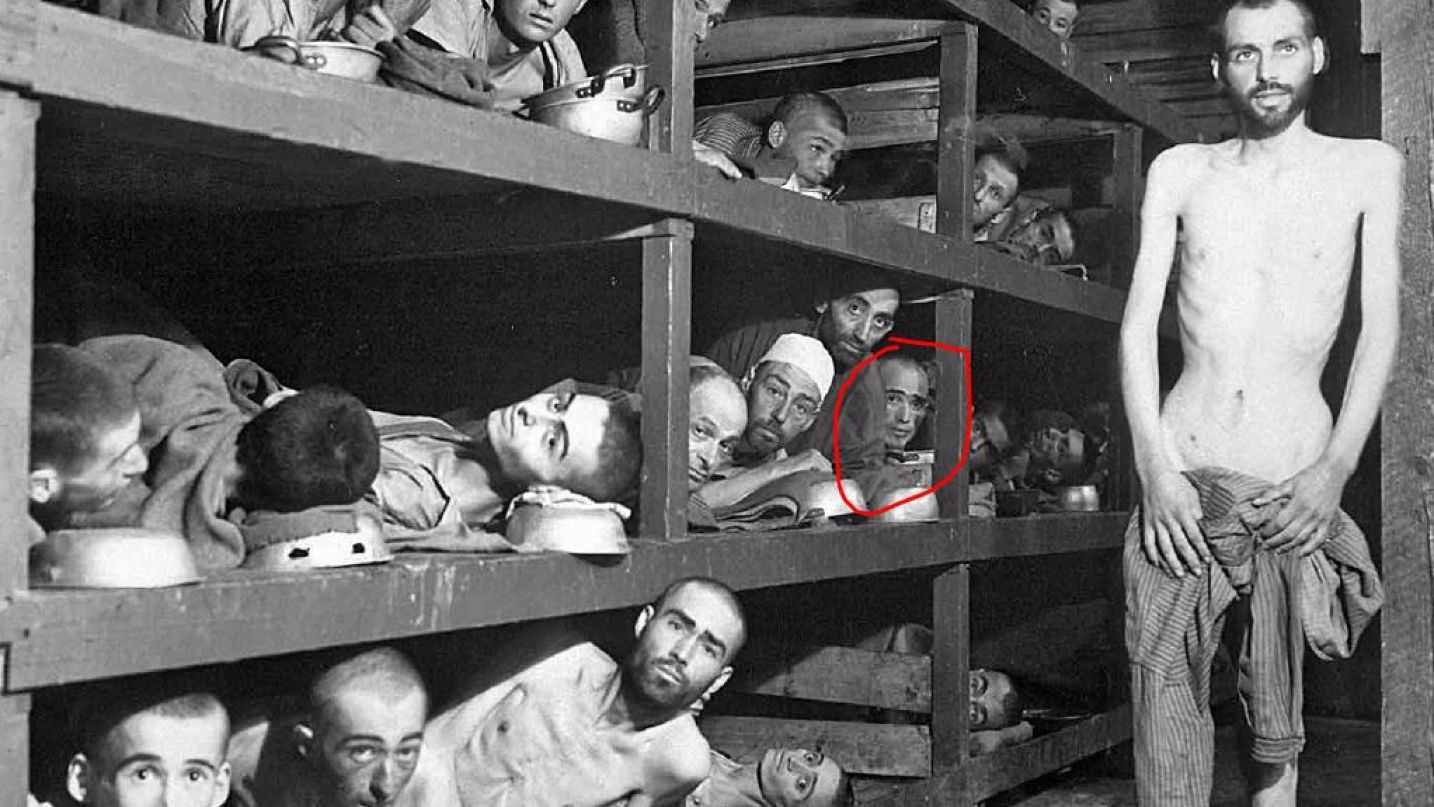 Elie Wiesel’s Wrenching Lost Version of ‘Night’ Was Scathing Indictment of God and Fellow Jews
Elie Wiesel’s Wrenching Lost Version of ‘Night’ Was Scathing Indictment of God and Fellow Jews
By Ofer Aderet (Haaretz)
The 150-page work that historian Dr. Joel Rappel pulls off the shelves of his vast library is a difficult document to read. It’s not the handwriting that makes the task hard – it’s actually quite legible. The content – a searing indictment against God and anyone who believed in him during the Holocaust – is what causes the reader to shudder.
“We believed in miracles and in God! And not in fate … and we [fared] very badly not believing in fate. If we had, we could have prevented many catastrophes,” writes the author. “There is no longer a god in the heavens; he whispered with every step we put on the ground. There is no longer God in heaven, and there is no longer man on the earth below. The universe is divided in two: angels of death and the dead,” he continues.
And then: “I stopped praying and didn’t speak about God. I was angry at him. I told myself, ‘He does not deserve us praying to him.’ And, really, does he hear prayers? … Why sanctify him? For what? For the suffering he rains on our heads? For Auschwitz and Birkenau? … This time we will not stand as the accused in court before the divine judge. This time we are the judges and he the accused. We are ready. There are a huge number of documents in our indictment file. They are living documents that will shake the foundations of justice.”
Who is this man who wants to settle accounts with God and shake faith to its very roots? The author’s name appears at the top of the first page: Eliezer Wiesel.
recomended by:
 That is how Elie Wiesel, arguably the most famous Holocaust survivor, wrote his name at the beginning of his journalistic and literary journey. The Nobel Peace Prize laureate has been one of the most significant voices of the Jewish world since the second half of the 20th century. However, the wider public has not been able to read this particular work, which he wrote in the late 1950s.
That is how Elie Wiesel, arguably the most famous Holocaust survivor, wrote his name at the beginning of his journalistic and literary journey. The Nobel Peace Prize laureate has been one of the most significant voices of the Jewish world since the second half of the 20th century. However, the wider public has not been able to read this particular work, which he wrote in the late 1950s.
Wiesel intended to turn it into a special, expanded Hebrew version of his best seller “Night” – one of the most widely sold, read, translated and quoted Holocaust works internationally. However, before he completed his task, he decided to shelve the text, placing it deep in his archive. Even Haim Gouri, who translated “Night” from the French to Hebrew, didn’t know of its existence.

Read more: Elie Wiesel’s Wrenching Lost Version of ‘Night’ Was Scathing Indictment of God and Fellow Jews
twoje uwagi, linki, wlasne artykuly, lub wiadomosci przeslij do: webmaster@reunion68.com

